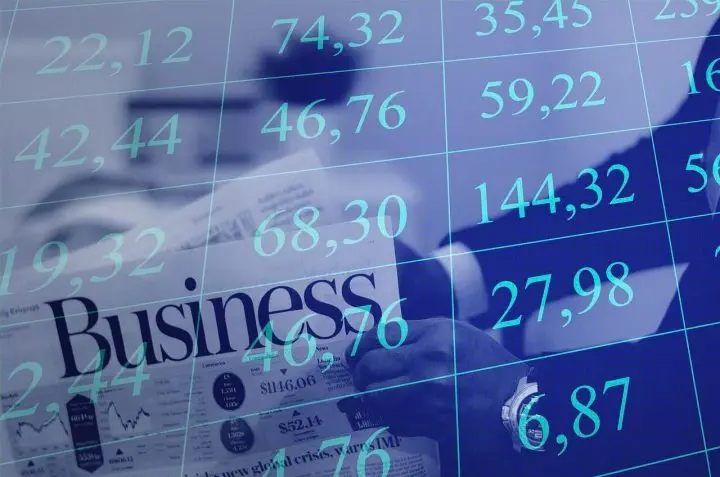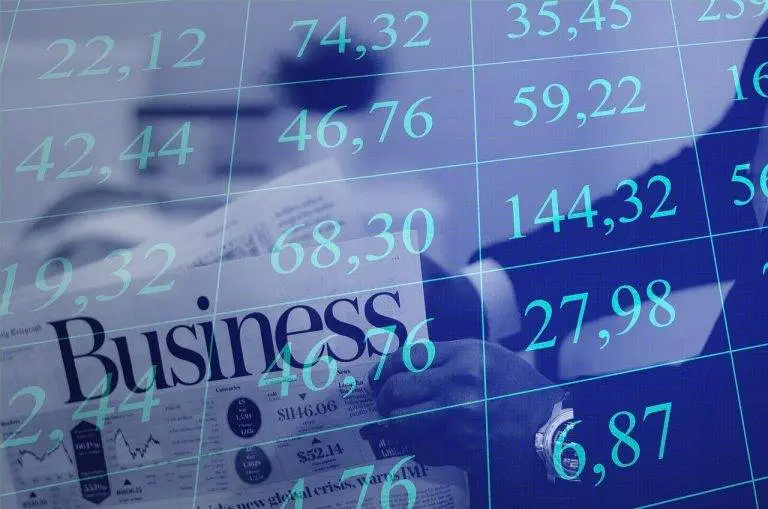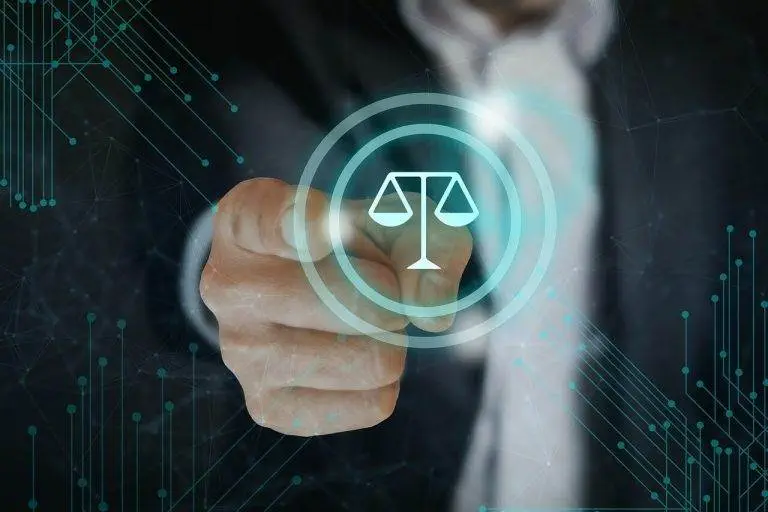What Does Voluntary Liquidation Mean
Voluntary liquidation means that a business follows a legal process to place the company into voluntary liquidation after which a liquidator is appointed to wind up the affairs of the company. The liquidator stands in the shoes of the directors and deals with the creditors and the problems. Once the affairs are wound up, he company is deregistered by the Master at the CIPC. Creditors who were not paid can only collect any shortfalls from directors if the directors signed personal surety for the debts of the company. However, in terms of Section 22 of the Companies Act 2008, a director can (not shall/will/must but “can”) be held
Section 22 of the Companies Act
Let us first decode Section 22 of the Companies Act 2008.
It is vital for directors to take note of Section 22 of the Companies Act of 2008.
This section requires directors to ensure responsible trading practices. When a company experiences financial distress and struggles to meet its debt obligations, directors must act swiftly to prevent further losses. This means that there is a duty on directors to follow the voluntary liquidation process as soon as the company cannot pay its debts or when the liabilities exceed the assets (in other words, when the company is in an insolvent state).
When the directors continue to trade while the company is in insolvent, they can be held personally liable for the debt of the company, even if they did not sign surety.
Duties of the Director in a Voluntary Liquidation
As a director, you have a legal duty to monitor your company’s financial health continuously. If you notice signs of financial struggle, immediate action is crucial. Ignoring these warning signs could lead to personal liability.
Here is what you need to do:
- Evaluate Your Financial Position: Regularly assess whether your company’s liabilities are exceeding its assets by doing the solvency and liquidity test. Are you consistently failing to pay creditors on time?
- Consider Voluntary Liquidation Options: If financial recovery seems unlikely, voluntary liquidation is one of the best responsible choices to make, and then as soon as is possible.
- Seek Expert Advice: Consult with a qualified liquidation lawyer like the write of this article. My expertise can ensure you navigate the voluntary liquidation process in full compliance with South African law. Be very careful: there are a number of unqualified companies advertising liquidation services and you may not get the best legal advice if you use someone that is not liquidation lawyer.
Seek Help Timeously - Contact Us
Understanding and fulfilling your duties under Section 22 is not just a legal requirement – it’s a vital step in protecting yourself from personal liability and ensuring the best possible outcome for your company and its stakeholders.
If your company is struggling with debt, seek professional advice today.
Don’t wait until it is too late. The sooner you liquidate a struggling company the better.
Our team of experienced insolvency attorneys is here to guide you through the complexities of South African business liquidation law.
Contact us now for a confidential consultation and take the first step towards resolving your company’s financial challenges.




